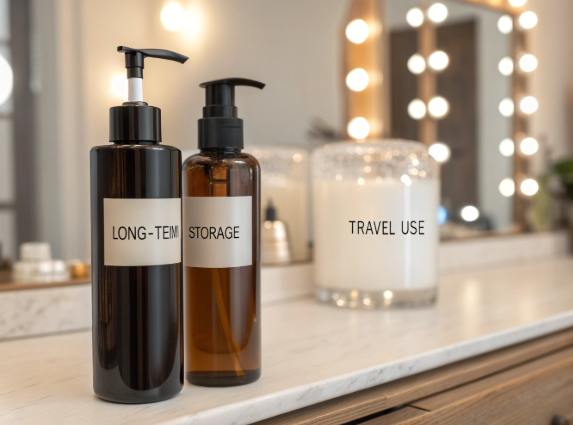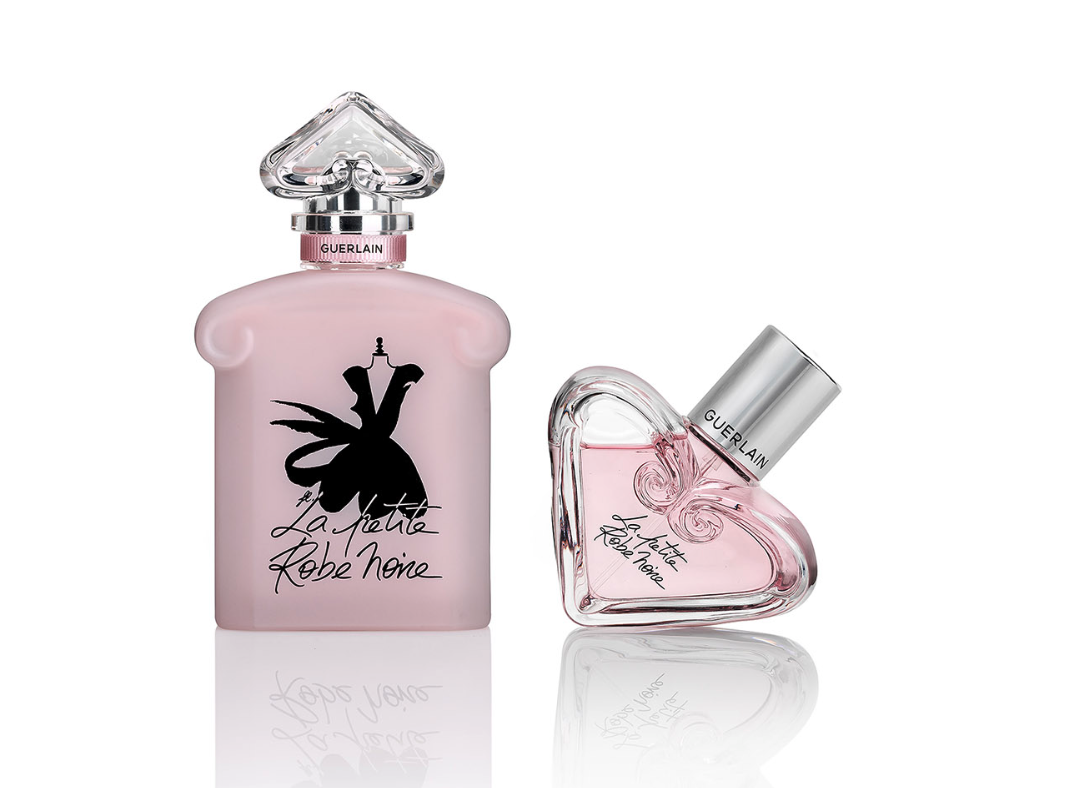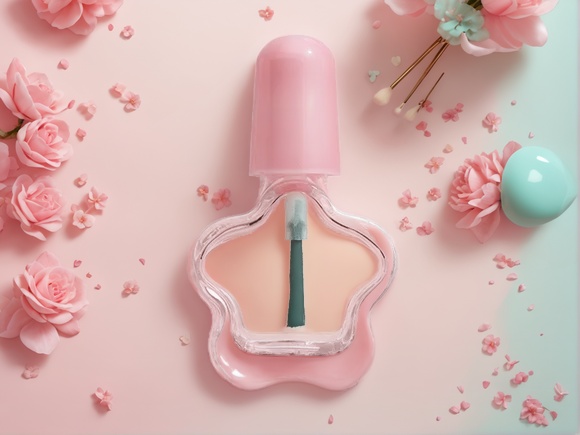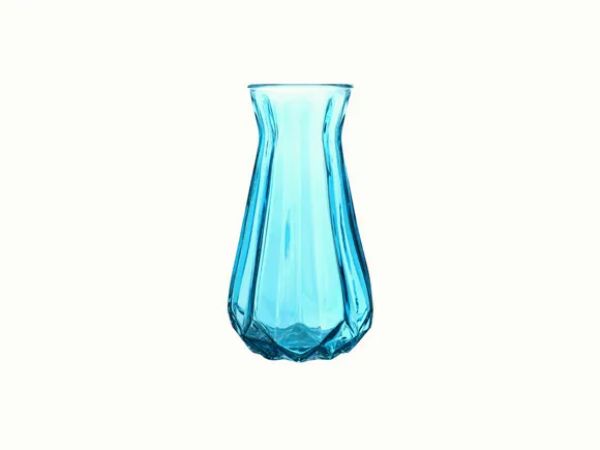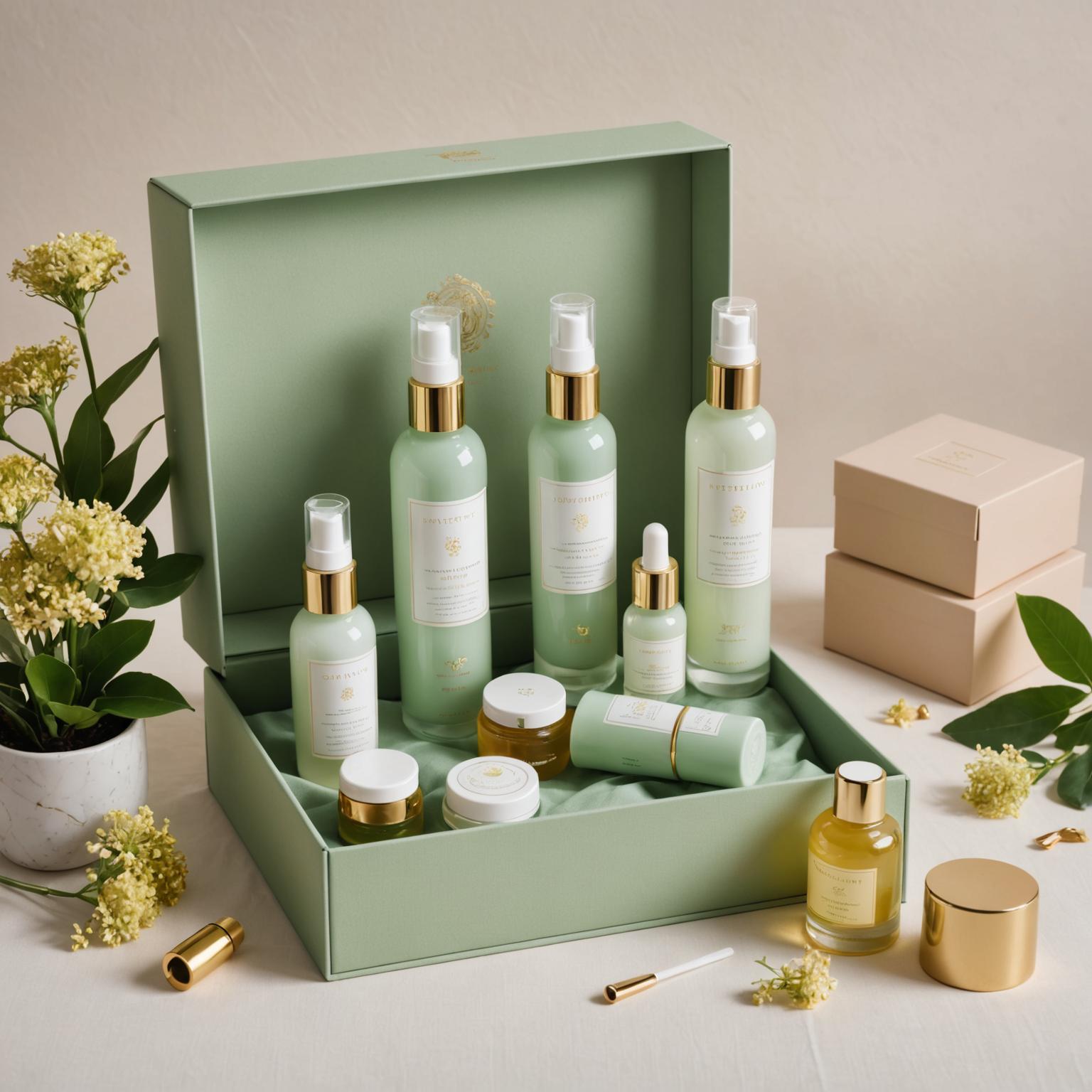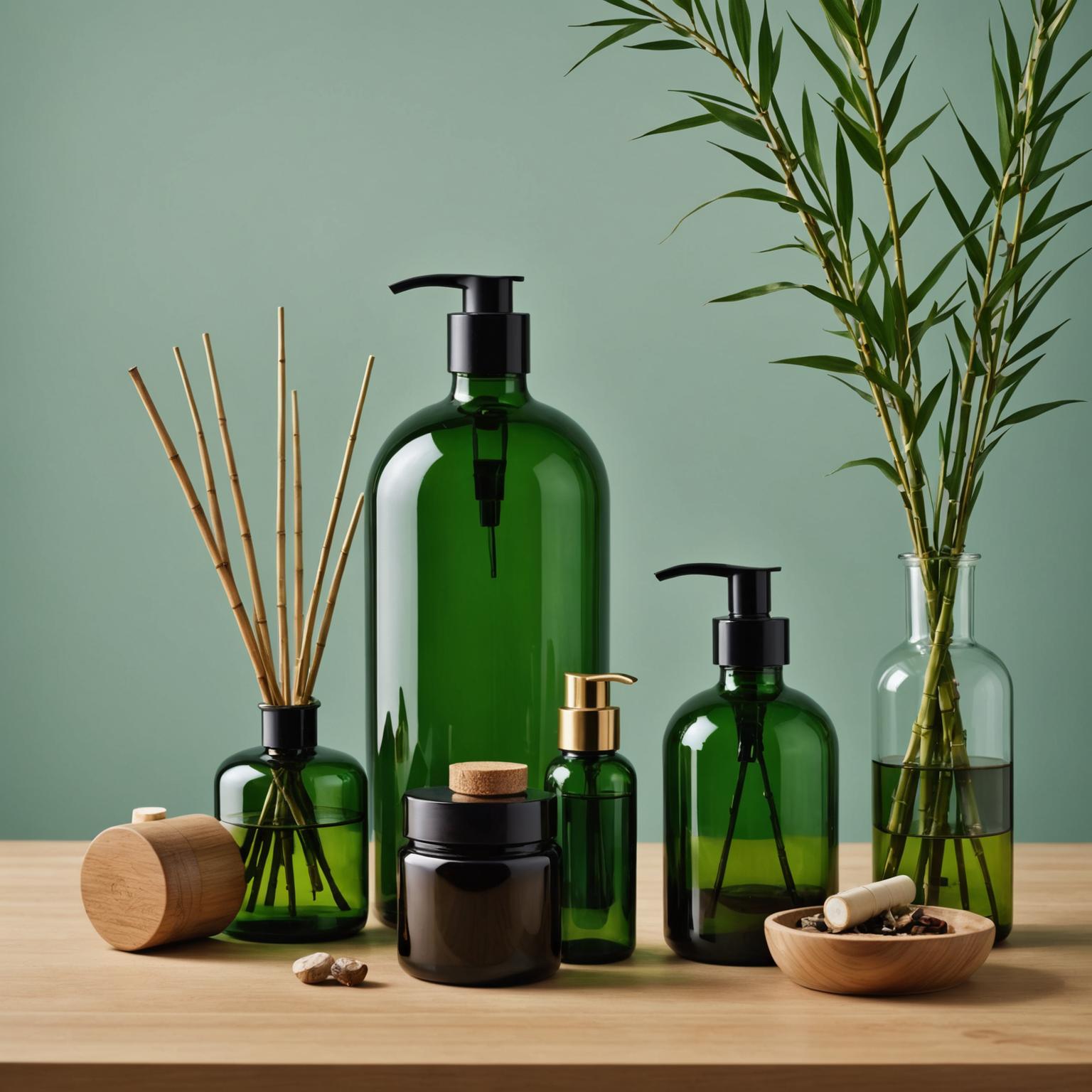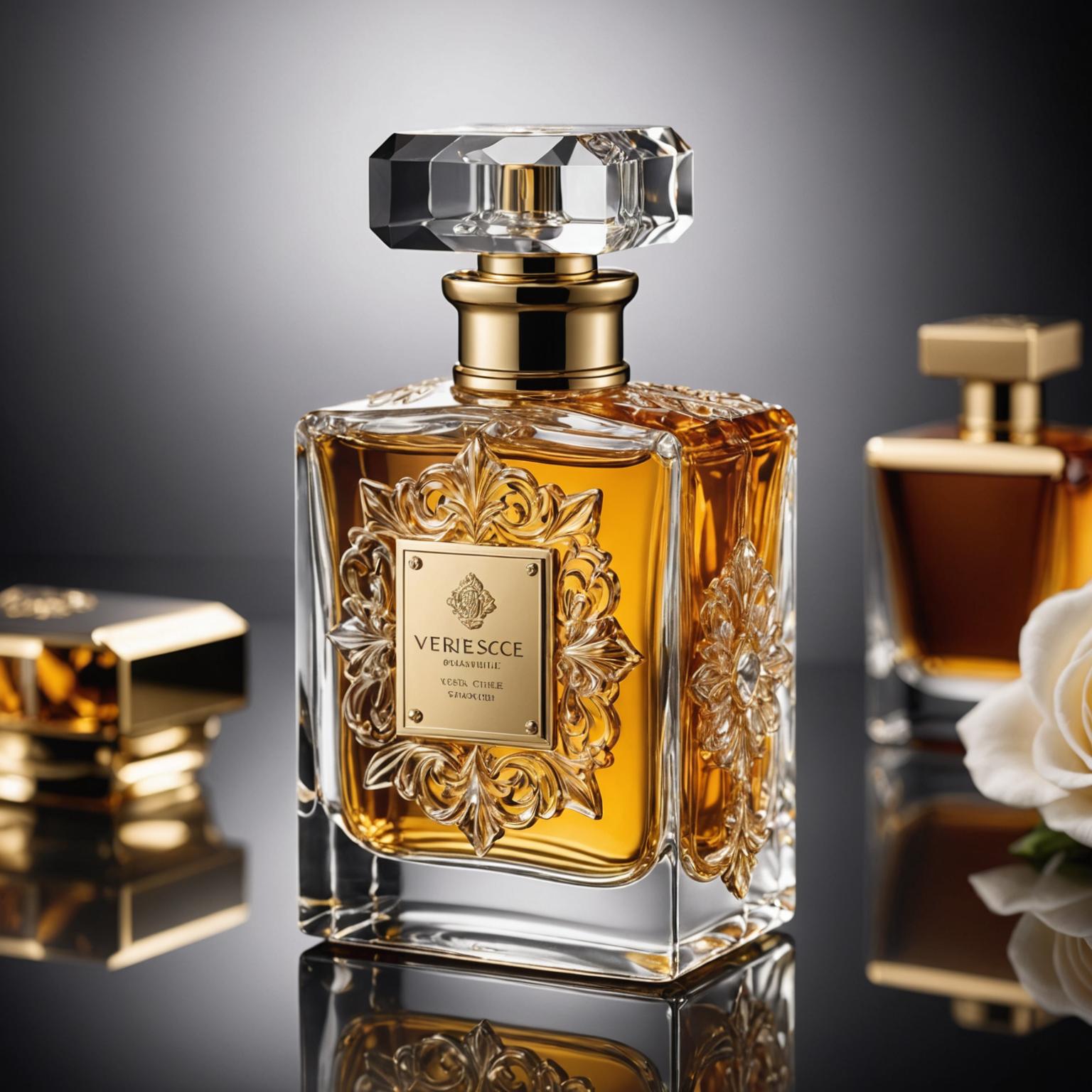Thinking of transferring your perfume into a travel-friendly plastic bottle? Be careful—what seems convenient might actually ruin your fragrance.
Perfume should not be stored in plastic bottles long-term, as the alcohol and oils can degrade plastic, alter the scent, and reduce shelf life. Glass remains the safest and most stable choice.
Let’s explore the risks of plastic, the benefits of glass, and the best practices for storing perfume correctly.
Is perfume better in glass bottles or plastic bottles?
Packaging matters—especially for high-alcohol, high-fragrance products like perfume. The wrong container can break down or react with the liquid.
Perfume is better stored in glass bottles because glass is non-reactive, airtight, and preserves fragrance integrity over time.
Glass vs. Plastic for Perfume Storage
| Feature | Glass Bottles | Plastic Bottles |
|---|---|---|
| Chemical Stability | Non-reactive | Prone to leaching |
| Scent Preservation | Excellent | Alters or weakens scent |
| Aesthetic Value | Premium appeal | Looks less elegant |
| Shelf Life Support | Long-lasting | Degrades faster |
At PauPack, we specialize in glass perfume bottles with precision spray heads, luxury caps, and custom printing—ensuring both performance and premium branding for indie and global fragrance brands.
Does plastic ruin fragrance?
Yes—especially when exposed to alcohol-based formulas, heat, or sunlight. Plastic can absorb, distort, or even break down with time.
Plastic can ruin fragrance by absorbing scent molecules and leaching chemicals into the perfume, especially under heat or UV exposure.
Why Plastic Is Problematic
-
Absorption: Fragrance molecules may bond to plastic
-
Chemical Reaction: Alcohol can weaken plastic structure
-
Off-Gassing: Certain plastics release unwanted odors
-
UV Sensitivity: Plastic lets in more light, degrading essential oils
That’s why PauPack only recommends food-grade PET or HDPE bottles for water-based or temporary-use cosmetics—not alcohol-rich perfumes.
What is the best way to store perfume?
Whether for personal use or retail, proper storage makes a big difference in scent longevity and stability.
Store perfume in a cool, dark place in a tightly sealed glass bottle. Avoid sunlight, heat, humidity, and frequent air exposure.
Perfume Storage Best Practices
| Factor | Ideal Solution |
|---|---|
| Light | Amber or opaque glass |
| Temperature | 15–22°C (59–72°F), stable environment |
| Air Exposure | Tightly sealed caps |
| Material | Glass (not plastic or metal) |
At PauPack, we offer perfume bottles in amber, frosted, and colored finishes—designed to block UV and support long shelf life. Our foam-lined or magnetic closure boxes add another layer of protection and luxury.
Can you decant perfume into a plastic bottle?
Travel or sampling may require small containers—but should they be plastic?
You can decant perfume into plastic only for short-term use, like travel or sampling. For anything over a few weeks, use glass to preserve fragrance quality.
When Plastic Is Acceptable
| Use Case | Is Plastic OK? | Notes |
|---|---|---|
| Airplane Travel | Yes (48–72 hrs) | Use opaque, BPA-free plastic |
| Gifting Samples | Yes (short term) | Use PET mini spray bottles |
| Retail Packaging | No | Stick to glass for shelf appeal |
| Refill Stations | No | Use durable glass with seals |
For brands offering testers, PauPack supplies mini glass atomizers (1–5ml) that are elegant, leak-proof, and custom brandable—perfect for sampling without compromising scent quality.
Conclusion
Plastic bottles may be convenient, but for perfume, they’re rarely the right choice. Stick with glass to protect your scent, preserve its notes, and elevate your brand.



